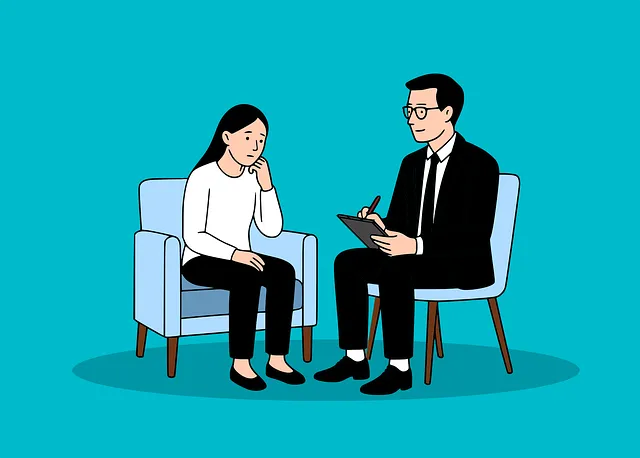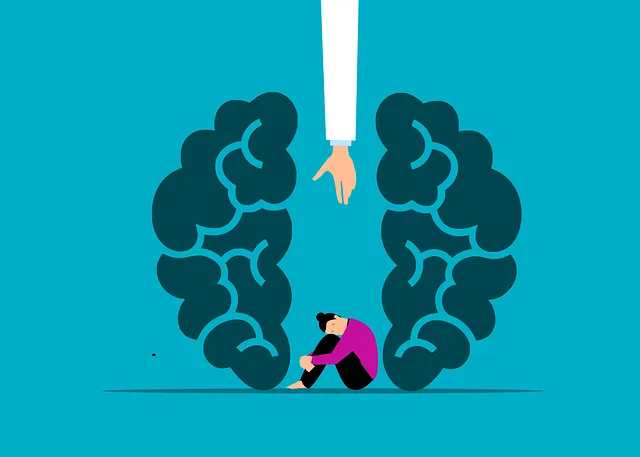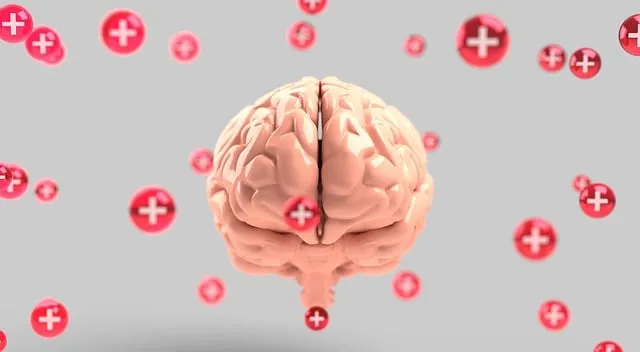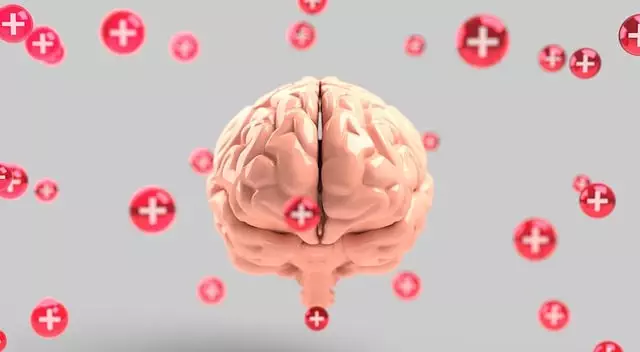Group facilitation techniques by organizations like Kaiser Permanente through their Centennial mental health phone services create safe spaces for self-esteem, emotional expression, and stress management, leveraging Mind Over Matter principles. These methods cater to diverse needs, foster understanding, and empower participants to actively heal, improving collective well-being. The dedicated Kaiser Permanente mental health phone number Centennial promotes immediate support, reduces stigma, encourages mindfulness, and aligns with Mental Health Policy Advocacy trends while prioritizing cultural sensitivity. Building a supportive community through active listening and emotional validation enhances peer connections for effective mood management.
Mental wellness group facilitation plays a pivotal role in fostering community and support among individuals facing common challenges. This article explores effective techniques for leading supportive groups, drawing insights from Kaiser Permanente Centennial’s innovative approach, which offers a dedicated phone access service for mental health support. We delve into strategies to build open dialogue, understanding the crucial role of group facilitation in enhancing mental wellness, accessible through the Kaiser Permanente mental health phone number Centennial.
- Understanding Group Facilitation for Mental Wellness
- Kaiser Permanente Centennial: Phone Access for Support
- Effective Techniques to Lead Supportive Groups
- Building Community: Fostering Open Dialogue
Understanding Group Facilitation for Mental Wellness

In the realm of mental wellness, group facilitation plays a pivotal role in fostering supportive communities and enhancing individual growth. Techniques employed by facilitators, such as those offered through Kaiser Permanente mental health phone services or designed within Centennial-based programs, aim to create safe, inclusive spaces where participants can navigate their challenges together. This collaborative approach leverages the power of shared experiences, offering a unique and effective form of Mental Health Education Programs Design. By applying Mind Over Matter principles, facilitators guide sessions that promote self-esteem improvement, emotional expression, and skills for managing stress or difficult emotions.
Effective group facilitation techniques cater to diverse needs, ensuring that each participant feels heard and supported. Through structured activities, open discussions, and peer-to-peer learning, facilitators create a tapestry of understanding where individuals can navigate their mental health journeys with enhanced resilience. These strategies not only complement individual therapy but also empower participants to become active contributors in their own healing process, fostering a sense of community and collective well-being.
Kaiser Permanente Centennial: Phone Access for Support

At Kaiser Permanente Centennial, recognizing the importance of readily accessible mental health support, they’ve implemented a dedicated phone line for members in need. This innovative approach to Kaiser Permanente mental health phone number Centennial ensures that individuals facing mental wellness challenges can receive immediate assistance from trained professionals. The service is designed to be a valuable resource for those seeking guidance on managing stress, anxiety, or other common mental health concerns.
Through this initiative, Kaiser Permanente fosters Mental Health Awareness and aims to reduce the mental illness stigma by normalizing conversations around mental wellness. By providing easy-to-access support through phone calls, they encourage open dialogue and empower individuals to take proactive steps towards improving their mental well-being, including exploring practices like Mindfulness Meditation.
Effective Techniques to Lead Supportive Groups

Effective group facilitation requires a blend of skills to create a supportive environment for members. One proven technique is active listening, where facilitators show genuine interest and understanding of each participant’s experiences. This not only fosters trust but also encourages open dialogue, allowing individuals to share their mental health journeys with confidence. By validating emotions and providing non-judgmental support, facilitators can create a safe space that enhances the therapeutic process.
Additionally, incorporating diverse activities tailored to different preferences can engage participants actively. These might include mindful exercises, creative arts, or even simple icebreakers to encourage interaction. Such dynamic approaches are particularly relevant in light of the Mental Health Policy Analysis and Advocacy efforts, reflecting the evolving understanding of mental wellness. Facilitators should also prioritize Cultural Sensitivity in Mental Healthcare Practice, ensuring every member feels respected and included, especially when addressing diverse backgrounds and beliefs. This sensitivity can significantly impact mood management, as it enables individuals to connect with peers on a deeper level.
Building Community: Fostering Open Dialogue

In facilitating mental wellness groups, one of the most powerful tools is building a strong community among participants. This starts by creating a safe and supportive environment where everyone feels heard and respected. Open dialogue is encouraged, allowing individuals to share their experiences, challenges, and victories freely. Facilitators play a crucial role in fostering this by actively listening, validating emotions, and ensuring every voice is included, regardless of background or history.
This sense of community is especially important for those seeking support from trusted resources like the Kaiser Permanente mental health phone number Centennial. Group members can offer peer-to-peer guidance, share coping strategies, and provide emotional healing processes that are enhanced by this collective experience. Mental Health Awareness becomes more than just a concept when individuals see themselves reflected in their peers’ journeys, fostering an atmosphere of understanding and Self-Esteem Improvement.
Group facilitation plays a pivotal role in enhancing mental wellness, as demonstrated by initiatives like Kaiser Permanente Centennial’s phone access for support. By employing effective techniques to lead supportive groups and fostering open dialogue, facilitators can create a safe and nurturing community. This approach not only empowers individuals but also ensures that everyone has access to resources and support, ultimately improving overall mental health outcomes. Remember to leverage tools like the Kaiser Permanente mental health phone number Centennial offers for maximum impact.






